The Substance may be grotesque, but it is not body horror
The Substance, Coralie Fargeat's sophomore feature film, has already been granted the moniker body horror, due its visceral imagery and mutations of the body
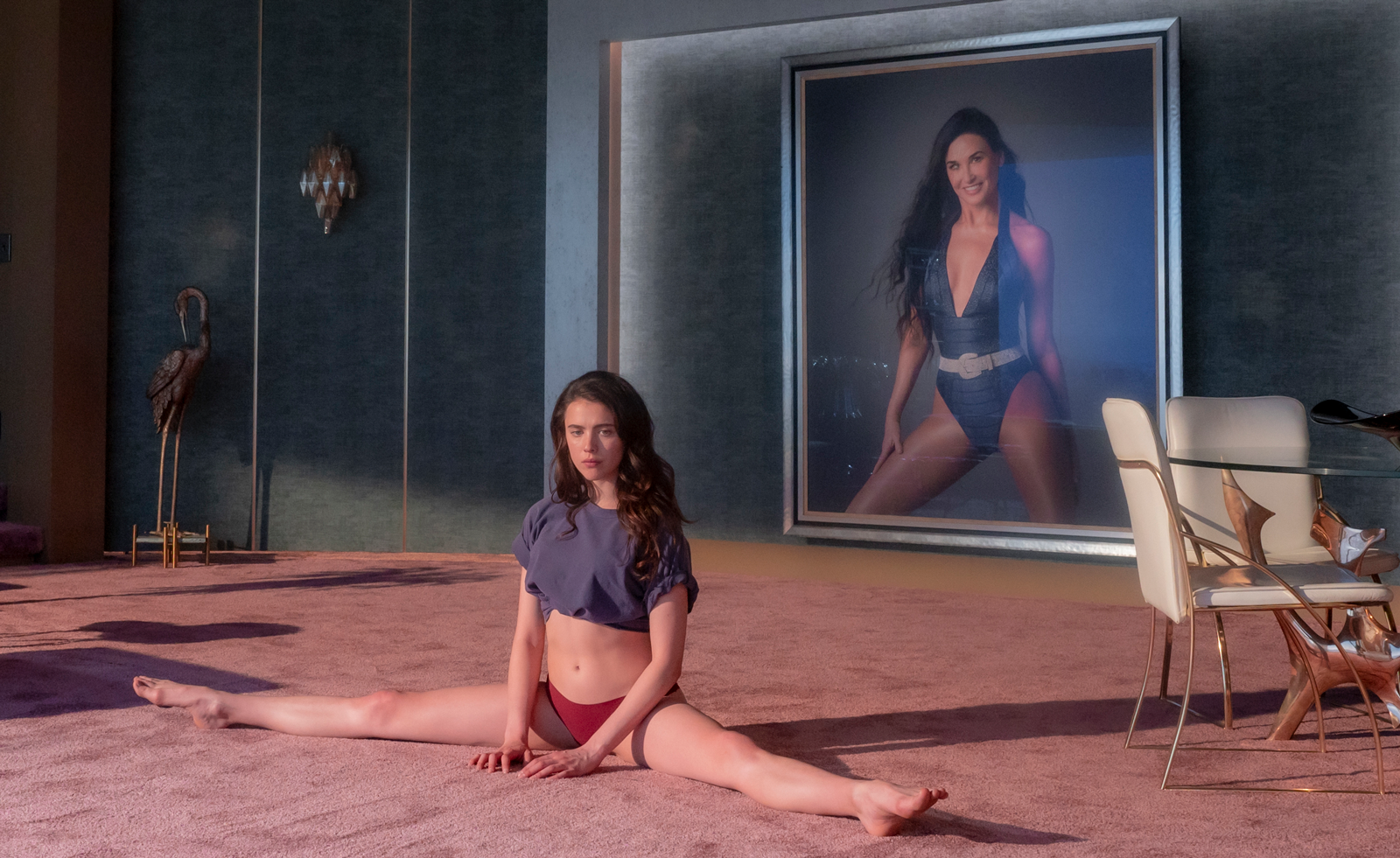
Elisabeth Sparkles (Demi Moore) has just turned 50 when she is fired from her hosting job by the producer (Dennis Quaid) of a televised aerobics show. Elisabeth, like so many aging stars before her, is being forced into obscurity by a shallow industry that refuses to look past her aging body. But for the rich and famous there is always another option. Elisabeth is offered a new piece of biotechnology, which allows her to live out her youth once more. Or at least split herself in two and share her life with a younger model who can live the life she is being denied. And so begins The Substance, Coralie Fargeat's sophomore feature film, that has already been granted the moniker body horror, due its visceral imagery and mutations of the body (read our interview with Pierre-Olivier Persin about creating the prosthetic make-up for The Substance).
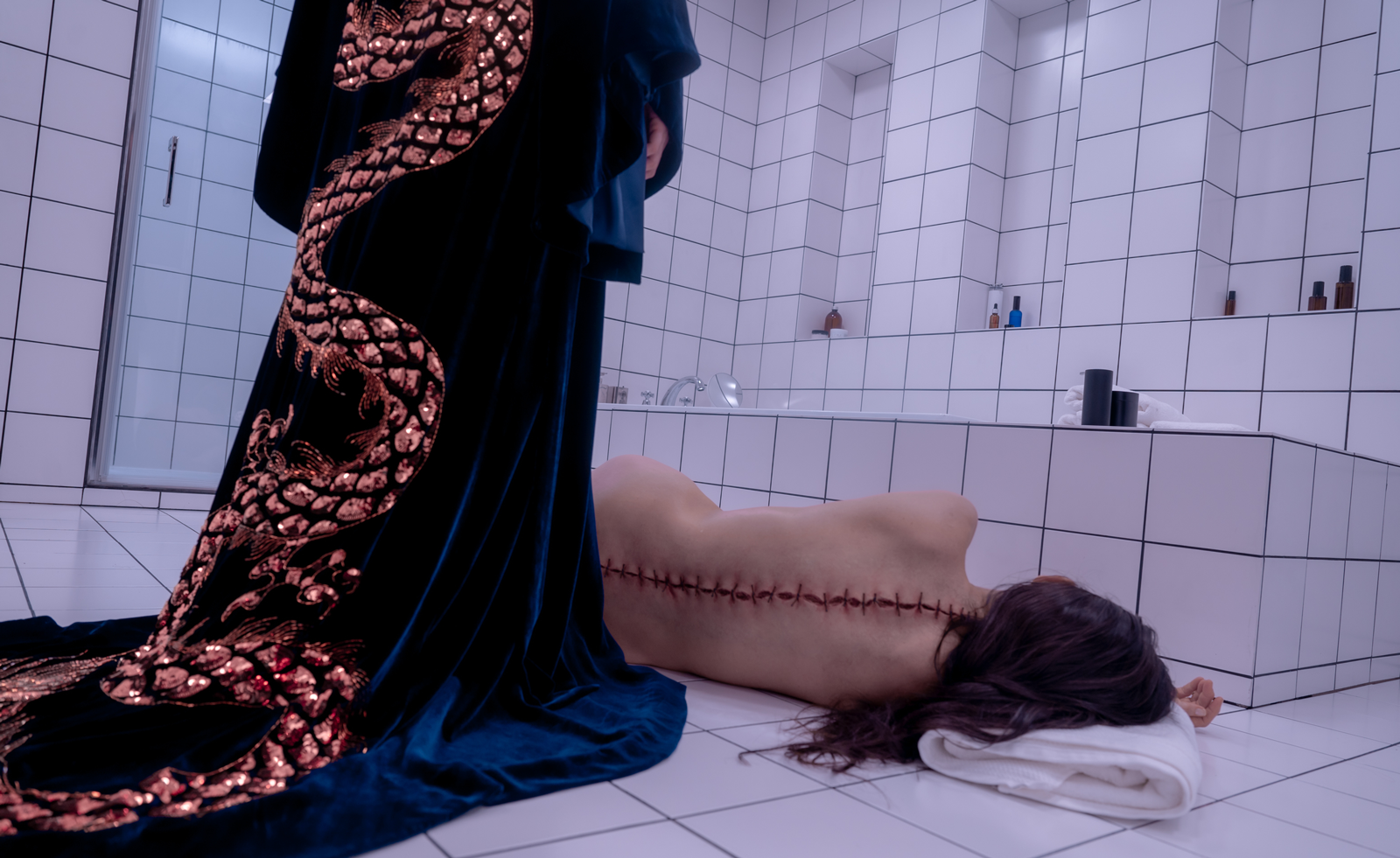
Still from The Substance
After Elisabeth injects the neon green liquid, she convulses on the bathroom floor, from her splitting spine emerges her younger self, Sue (Margaret Qualley). Wet with bodily fluids she stands in front of the mirror and marvels at her supple flesh, her perky bottom, her full lips. Here is where Coralie Fargeat’s problem begins, although her intention is to critique the ageism of the industry, she forgets that the camera holds no irony. What follows are many lingering shots of Sue, where her body is ogled by the camera. In one scene Sue wears a tight leather catsuit and Margaret Qualley’s curves balloon like a Jeff Koons, under an objectifying lens. While Elisabeth – despite Demi Moore’s obvious beauty – only receives cold hard angles.
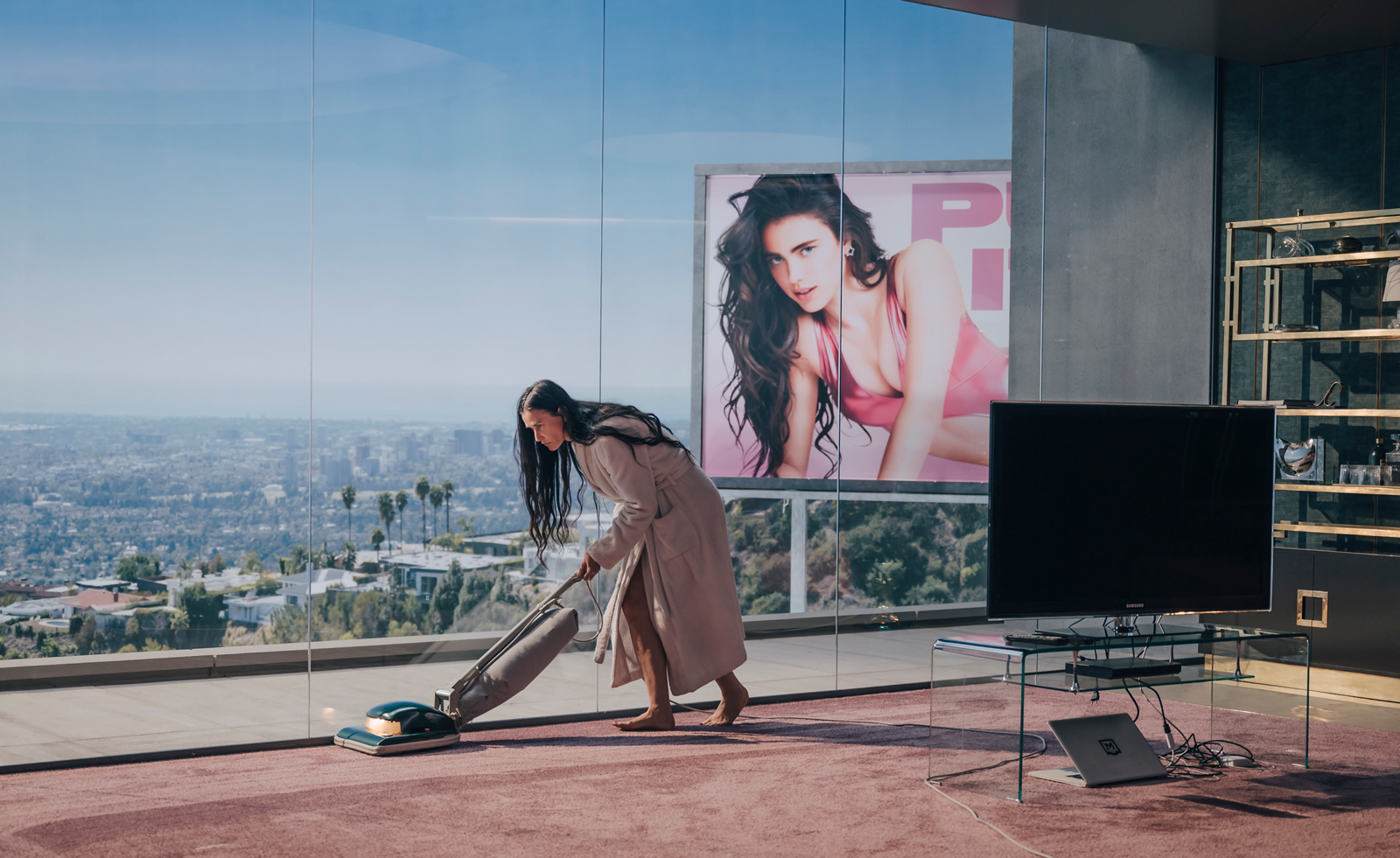
Still from The Substance
The Substance may be a grotesque piece of horror, but not every gory addition to the genre falls into the category of body horror. When, inevitably, Sue abuses the substance, repercussions are visible on Elisabeth’s body: her finger bulges and wrinkles beyond her years. Repulsed by the crone-like appendage she scrubs desperately at the digit hoping to return her hand to its former glory.
In body horror, discomfort around the body is a prerequisite: Adrien (Agathe Rouselle) denies her half-human half-car pregnancy even as her stomach swells (Titane, 2021), Saul Tenser (Viggo Mortensen) struggles to accept the new organ growing inside him struggling against his own rapid evolution (Crimes of the Future, 2022) and body swapping assassin Tasya Vos (Andrea Risebourgh) reckons with the split from her physicality while revelling in the sexual pleasure of the Colin’s body (Christopher Abbott) that she inhabits (Possessor, 2020). Suffice to say alongside the dysmorphic horror they all experience, there are moments of sensual pleasure at their changing physicality. One which queries gender limitations and offers visceral and erotic possibilities, beyond the binary. But for Elisabeth, there is no revelry, only disgust, having internalised the misogyny of her industry.
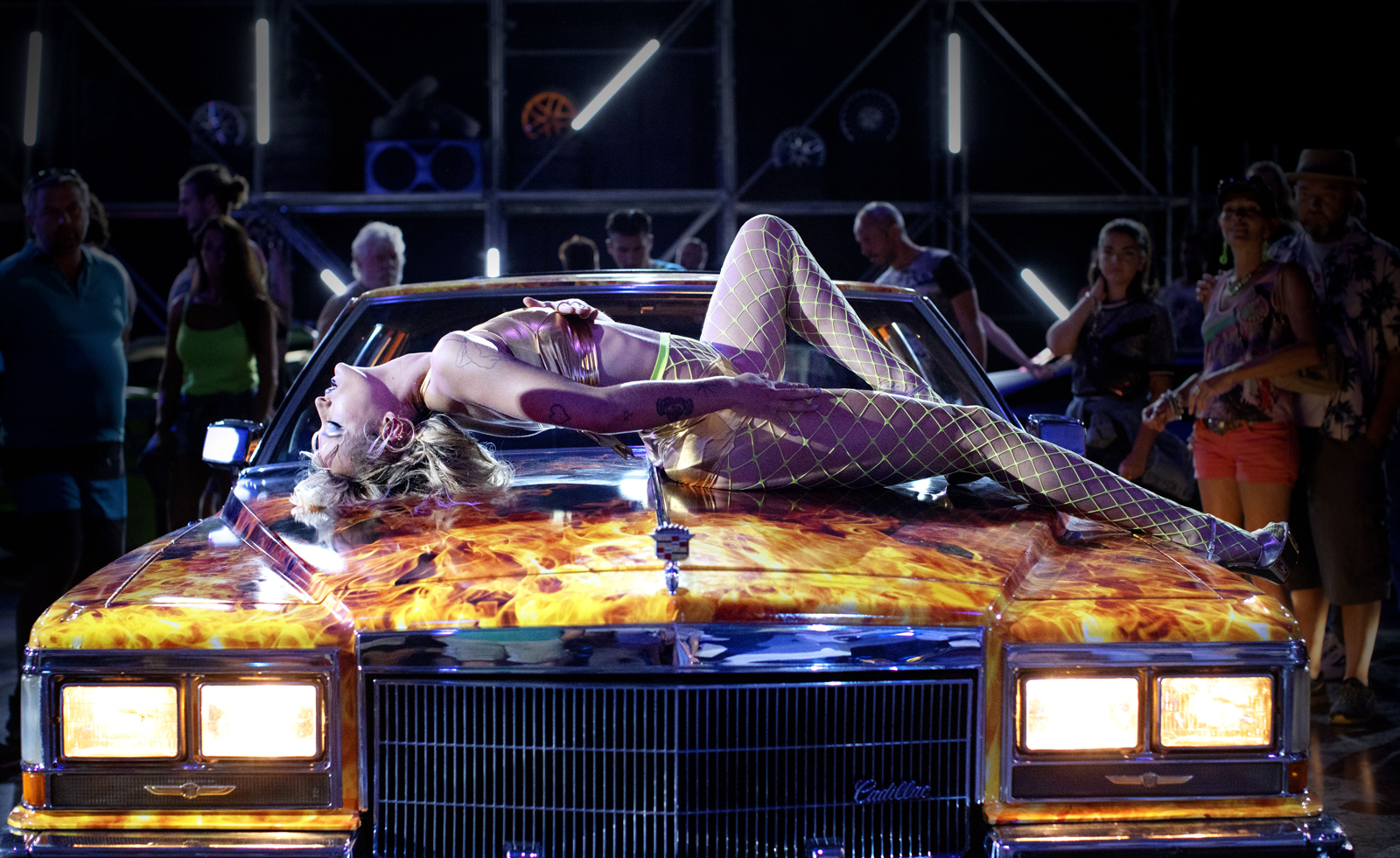
Still from Titane, ©Carole_Bethuel
Body horror is much more than just manipulated gore designed to evoke disgust, in fact it contains a curiosity about the body that differs from horror's usual rubbernecking. Despite attempts at a critique on ageism, Fargeat’s abject treatment of the body and reliance on hagsploitation clichés, alongside a lack of interiority for Elisabeth or Sue – who spend their days in front of the TV or seeking male attention – makes for a vacuous depiction of womanhood.
The Substance should be stripped of the body horror title so many have awarded the film, as it lacks the fascination with what lies beneath the flesh. Thanks to body horror's long history of in depth experimentation with physicality, we have come to expect a committed questioning of gender that is exactly what The Substance lacks. It is merely a vacuous depiction of Hollywood that only succeeds in replicating stereotypes it claims to question.
The Substance is at cinemas nationwide from 20 September 2024
Receive our daily digest of inspiration, escapism and design stories from around the world direct to your inbox.
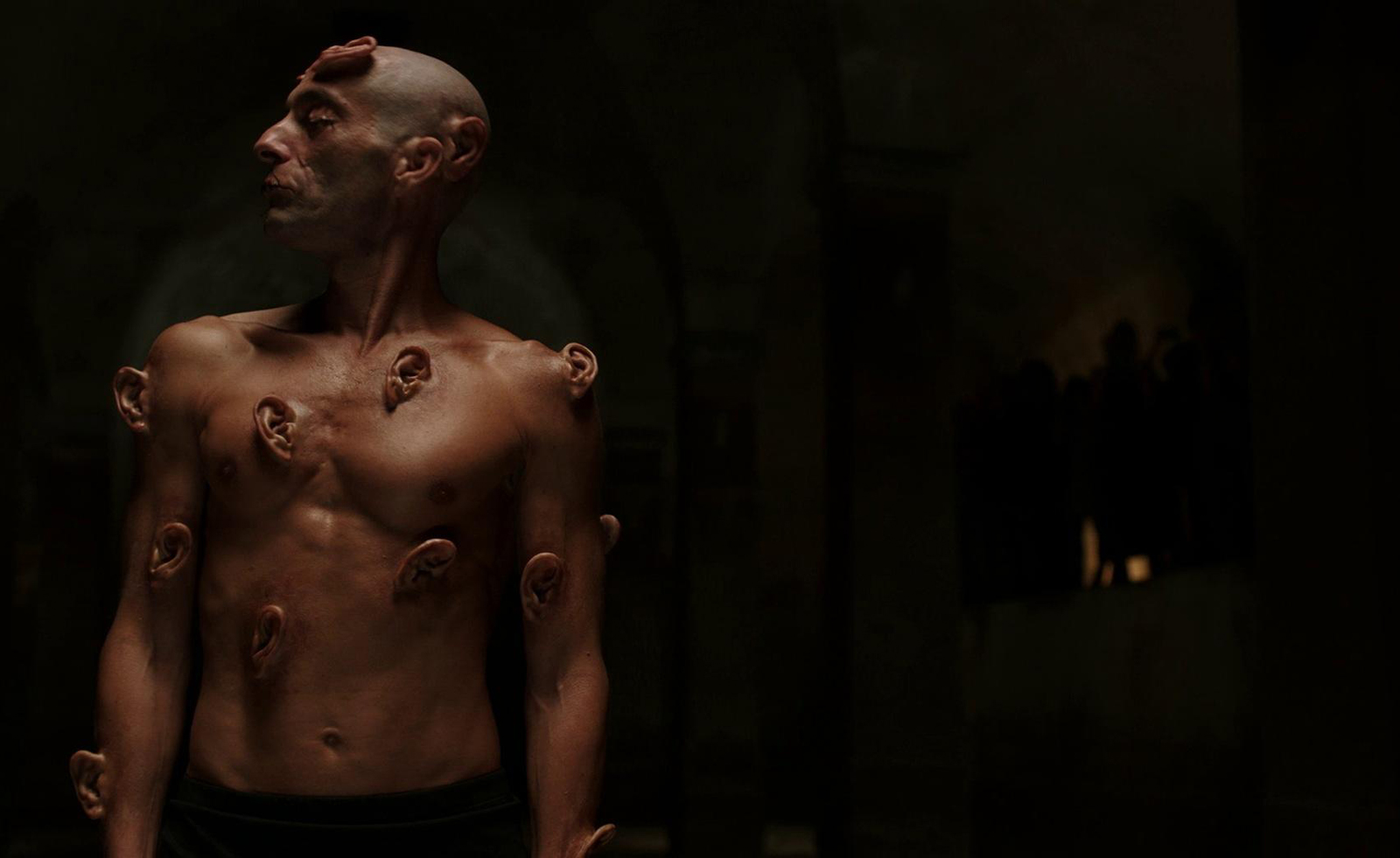
Still from Crimes of the Future
Billie is a London based culture and lifestyle writer. Her work on film, literature, internet culture and sexuality can be found in Dazed, Guardian, Little White Lies, Them and many more.
-
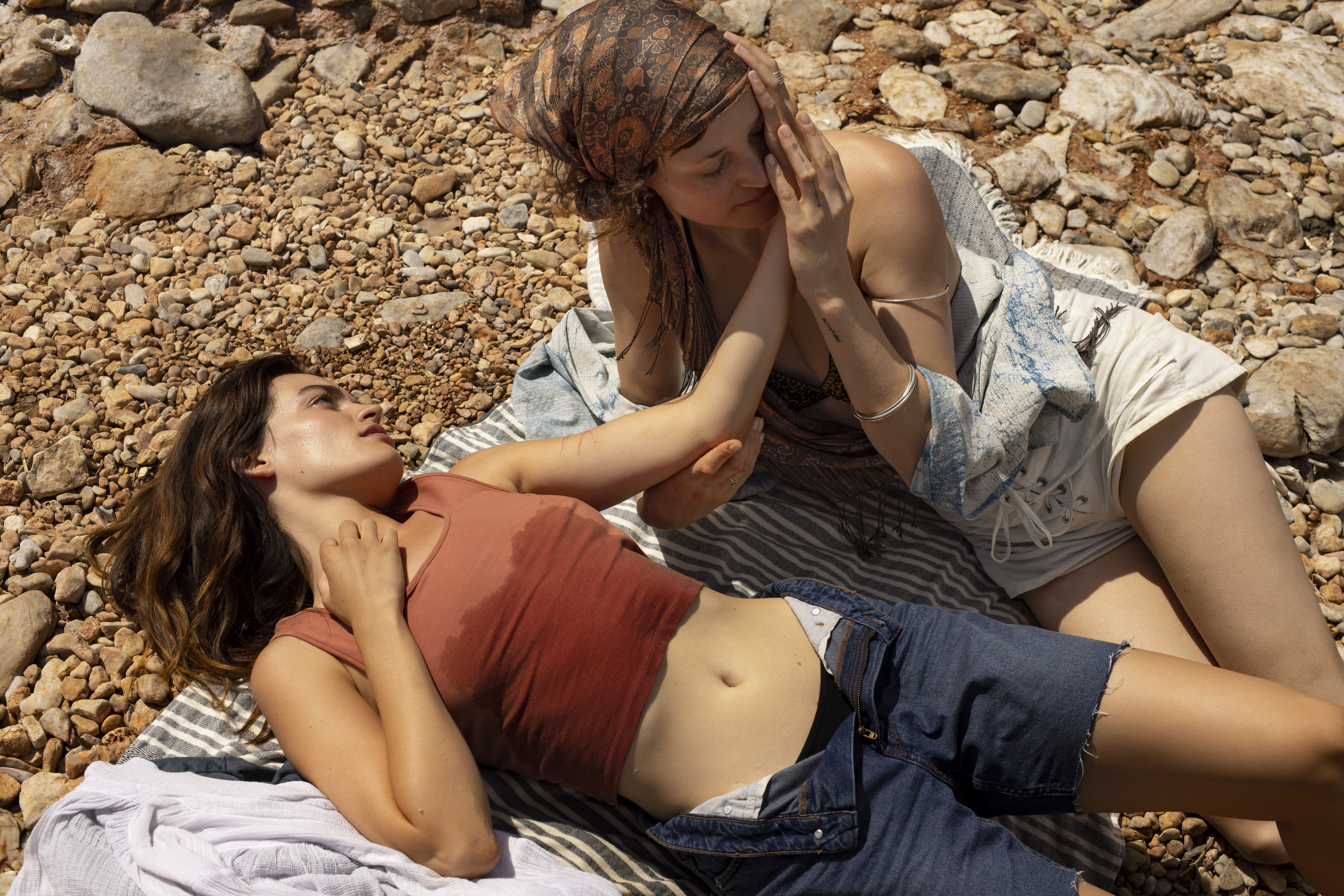 Despite moments of beauty, the ‘Hot Milk’ film adaption drifts aimlessly
Despite moments of beauty, the ‘Hot Milk’ film adaption drifts aimlessly‘Hot Milk’, adapted from Deborah Levy’s 2016 Booker-shortlisted novel, marks Rebecca Lenkiewicz’s directorial debut
-
 Aston Martin completes its first Tokyo townhouse, crafted by the brand’s design team
Aston Martin completes its first Tokyo townhouse, crafted by the brand’s design teamThis luxurious private house in Tokyo’s Omotesandō neighbourhood offers design and details shaped by Aston Martin, as well as features for the dedicated car collector
-
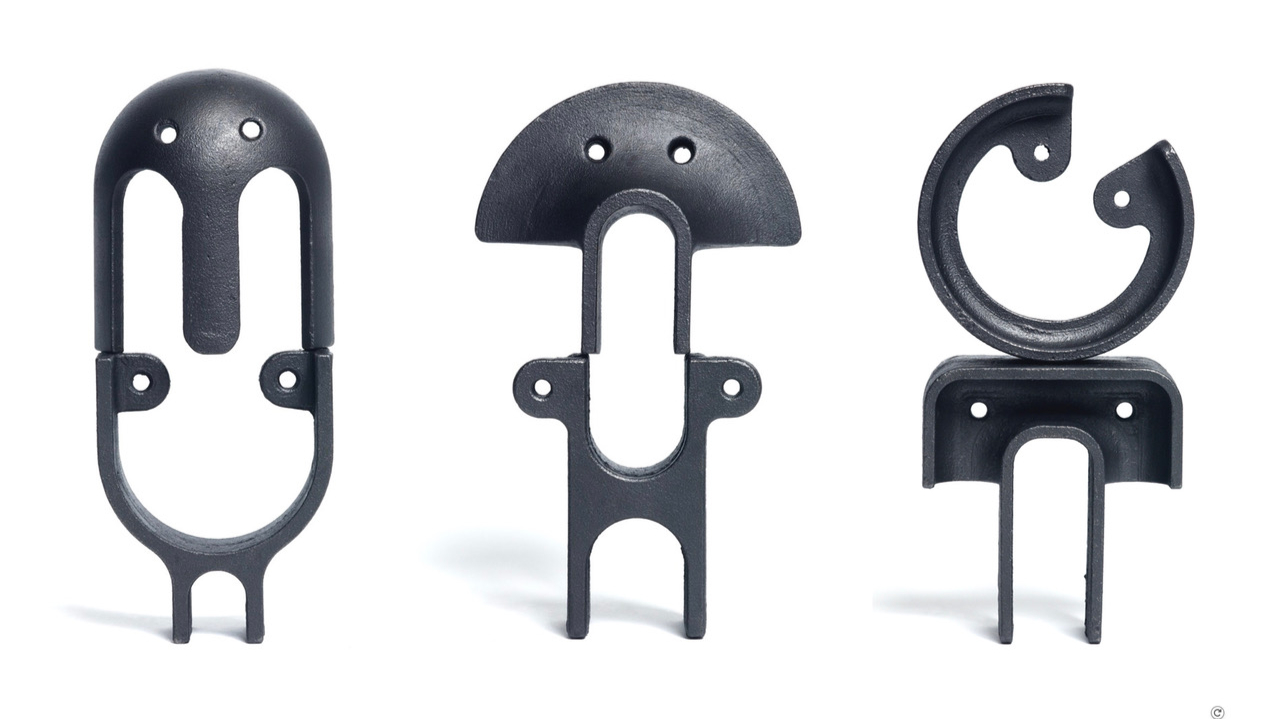 Studiomama’s cast faces capture a sense of childlike joy
Studiomama’s cast faces capture a sense of childlike joyMade in collaboration with one of London’s last traditional foundries, the studio’s ‘Face Castings’ series explores play, perception and the enduring influence of Bruno Munari
-
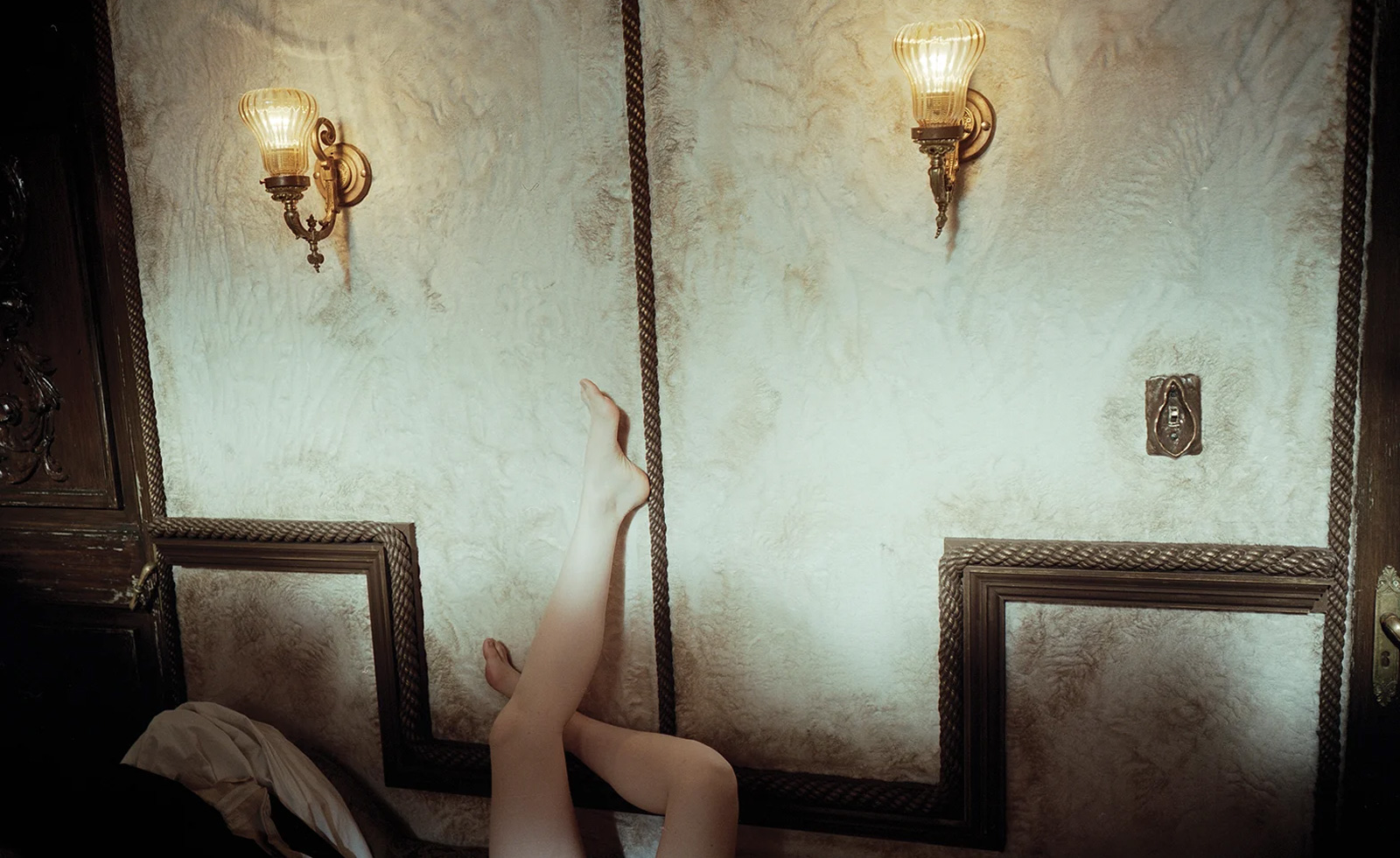 Unlike the gloriously grotesque imagery in his films, Yorgos Lanthimos’ photographs are quietly beautiful
Unlike the gloriously grotesque imagery in his films, Yorgos Lanthimos’ photographs are quietly beautifulAn exhibition at Webber Gallery in Los Angeles presents Yorgos Lanthimos’ photography
-
 ‘Life is strange and life is funny’: a new film goes inside the world of Martin Parr
‘Life is strange and life is funny’: a new film goes inside the world of Martin Parr‘I Am Martin Parr’, directed by Lee Shulman, makes the much-loved photographer the subject
-
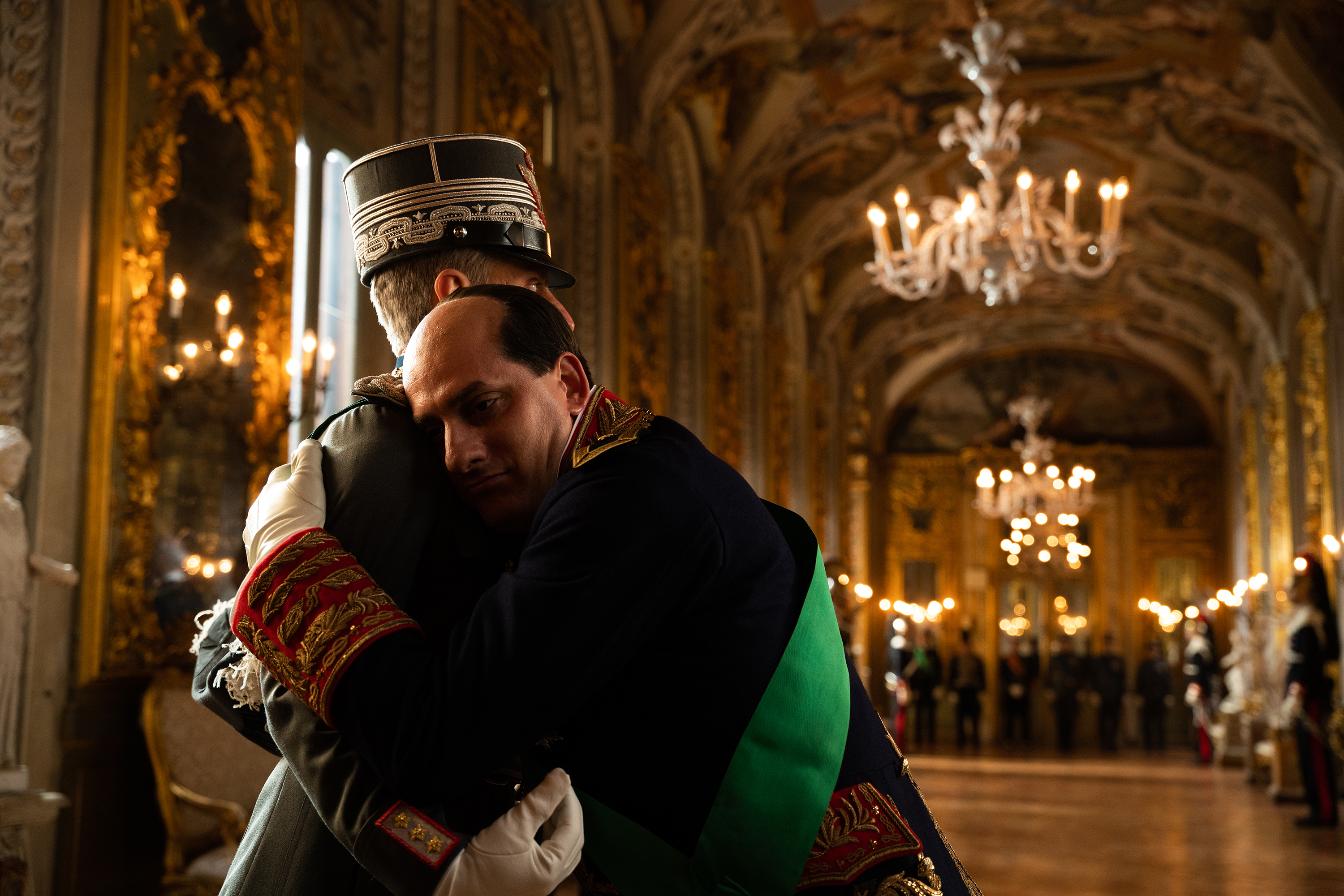 The Chemical Brothers’ Tom Rowlands on creating an electronic score for historical drama, Mussolini
The Chemical Brothers’ Tom Rowlands on creating an electronic score for historical drama, MussoliniTom Rowlands has composed ‘The Way Violence Should Be’ for Sky’s eight-part, Italian-language Mussolini: Son of the Century
-
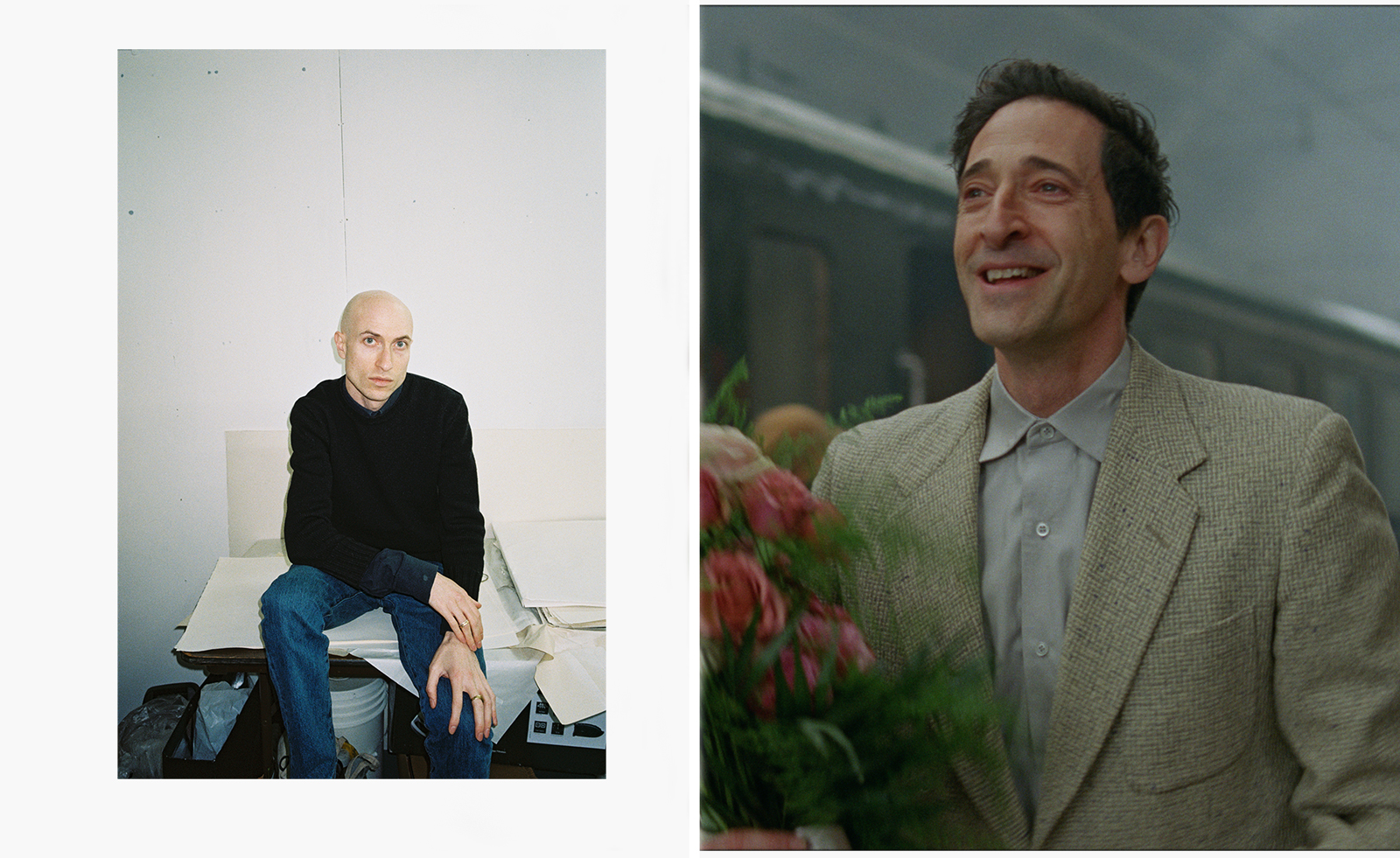 Meet Daniel Blumberg, the British indie rock veteran who created The Brutalist’s score
Meet Daniel Blumberg, the British indie rock veteran who created The Brutalist’s scoreOscar and BAFTA-winning Blumberg has created an epic score for Brady Corbet’s film The Brutalist.
-
 Remembering David Lynch (1946-2025), filmmaking master and creative dark horse
Remembering David Lynch (1946-2025), filmmaking master and creative dark horseDavid Lynch has died aged 78. Craig McLean pays tribute, recalling the cult filmmaker, his works, musings and myriad interests, from music-making to coffee entrepreneurship
-
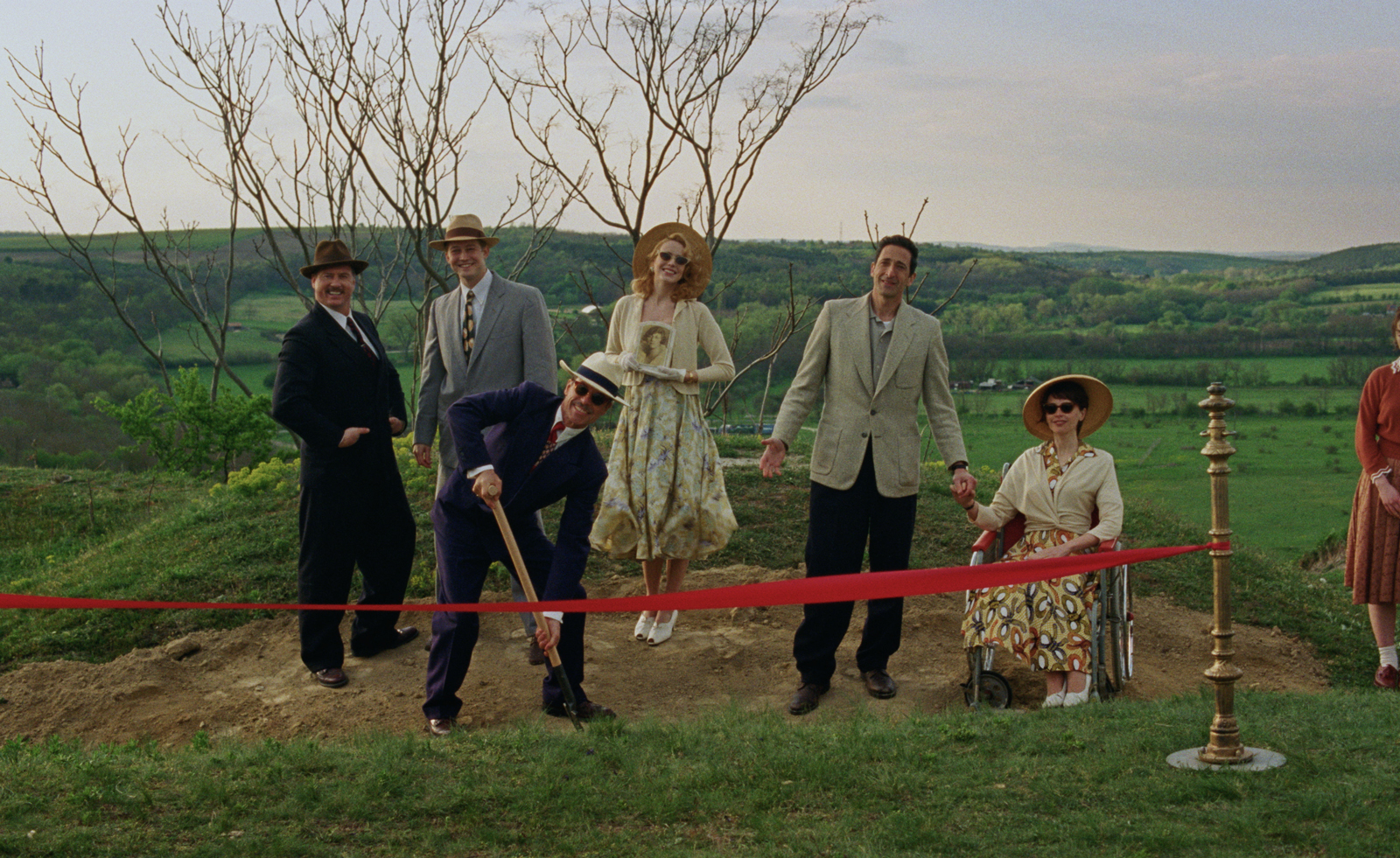 Architecture and the new world: The Brutalist reframes the American dream
Architecture and the new world: The Brutalist reframes the American dreamBrady Corbet’s third feature film, The Brutalist, demonstrates how violence is a building block for ideology
-
 ‘It creates mental horrors’ – why The Thing game remains so chilling
‘It creates mental horrors’ – why The Thing game remains so chillingWallpaper* speaks to two of the developers behind 2002’s cult classic The Thing video game, who hope the release of a remastered version can terrify a new generation of gamers
-
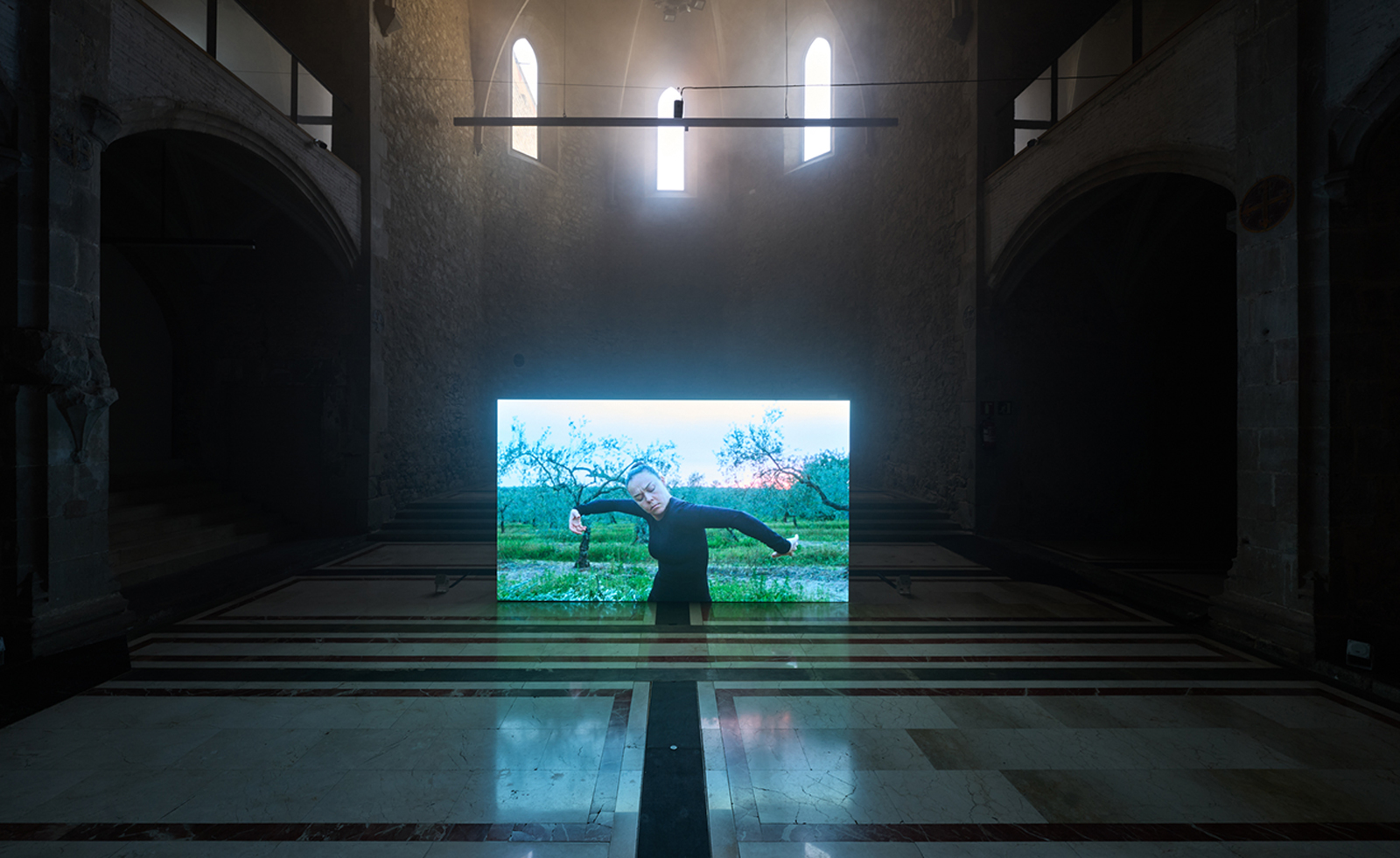 Wu Tsang reinterprets Carmen's story in Barcelona
Wu Tsang reinterprets Carmen's story in BarcelonaWu Tsang rethinks Carmen with an opera-theatre hybrid show and a film installation, recently premiered at MACBA in Barcelona (until 3 November)